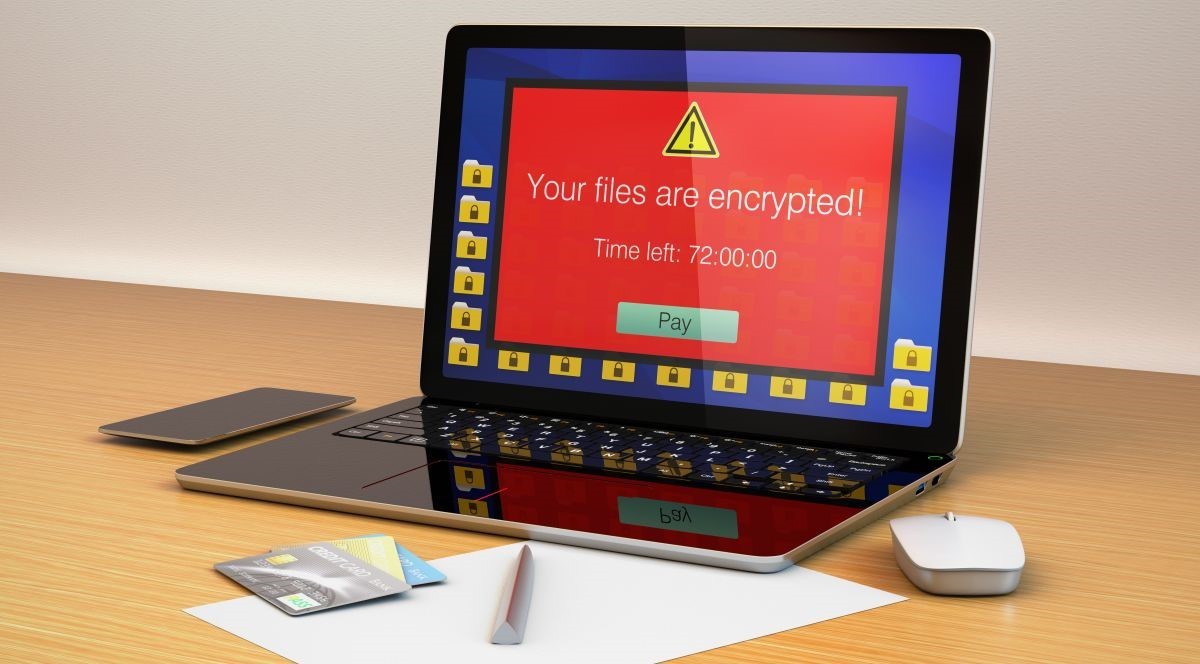
IT SECURITY GUIDES
A simple guide to ransomware for small business owners
Millions of PCs have been affected by next-gen ransomware, such as WannaCry, during the last few years. And the sad part is that cyber criminals continue to develop new applications which target big corporations and even governments specifically, because their data is much more valuable on the black market.

Ransomware, the short version of "ransom malware", is a category of malware applications which will encrypt your data and files in the background, without you knowing anything about it, and then demand a ransom in exchange for the decryption key. Cyber villains will often ask you to deposit $500 or so in a Bitcoin account, which is much harder to track. You should never pay the ransom money, of course, because by doing that you will encourage them to continue their nefarious activities. Also, very few hackers will actually take the time to email you the data decryption key. It is much better to have a solid data backup system in place, and thus be able to restore your computer to its former glory as soon as it gets infected.
But how do computers get infected with ransomware in the first place? Often, people will carelessly open email attachments or click links that lead to infected websites. So, even if you receive an email from a colleague, take your time to read the actual message before opening any attachments. Since cyber criminals develop tools that are capable of large-scale attacks, they will use email subjects such as "hey dear" or "payment approved", and so on. If you aren't sure that the messages are legit, contact the senders by phone and ask them if they've sent you an email.
So, how can you protect the company PCs from ransomware's devastating effects? Here are a few ideas.
As mentioned above, if you receive emails from unknown people, you should never open their attachments, or click the included links. I presume that you are already using an antivirus and a firewall for each computer. These days, most security suites incorporate both components into a single software package, but even a small business can afford to purchase a hardware-based firewall, which will offer a much better protection. If you use Windows-based PCs, resist the temptation to use the built-in Windows Defender as your main security suite; it does a decent job, but it's not good enough – at least not yet.
Don't ever connect a company computer to public Wi-Fi! It's much better to purchase data plans for all the devices that need to be carried around. Also, don't give employees the permission to install applications on their workstations; only the admin should take care of tasks like these.
Don't forget to back up the company data regularly. It's best to keep an encrypted copy of your data locally, on an external hard drive, and then store another encrypted copy to a popular cloud service, such as Amazon Web Services or Microsoft Azure.
Be sure to test the data backup mechanisms regularly. Try to recover a random folder every week or so; you want to make sure that you can restore your files anytime you need to. Use an application that can save several versions of each file; this will make it easier to have access to the unscrambled data in case that your computers get infected with ransomware.
Don't forget to keep your software up to date. I am talking about the operating system and the installed applications here. Most malware creators use existing O.S. vulnerabilities, which are usually patched in 1-2 weeks, but antivirus researchers will often release daily patches that can be of great help.
Finally, you should take the time to read the most recent cybersecurity news. Educate yourself, and then teach your employees how to determine if an email is dangerous, how to stay away from suspicious websites, and so on.
Almost 50% of cyberattacks target small businesses.
NEED HELP WITH YOUR COMPUTERS?